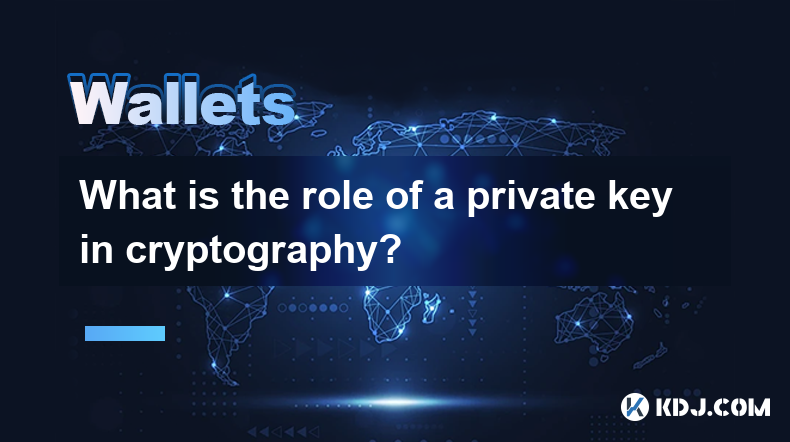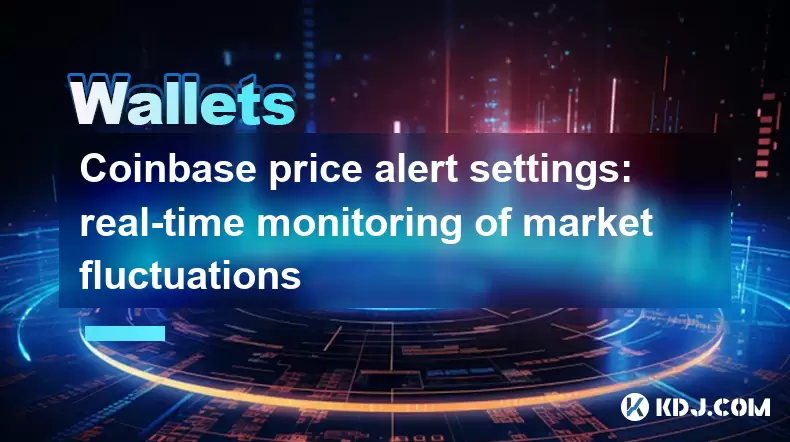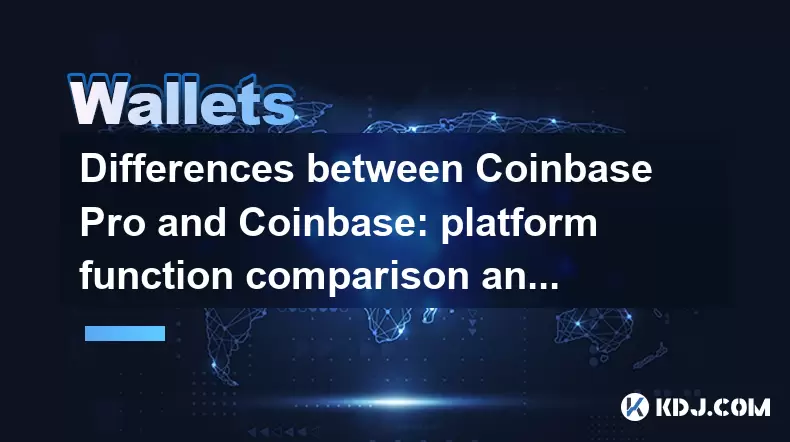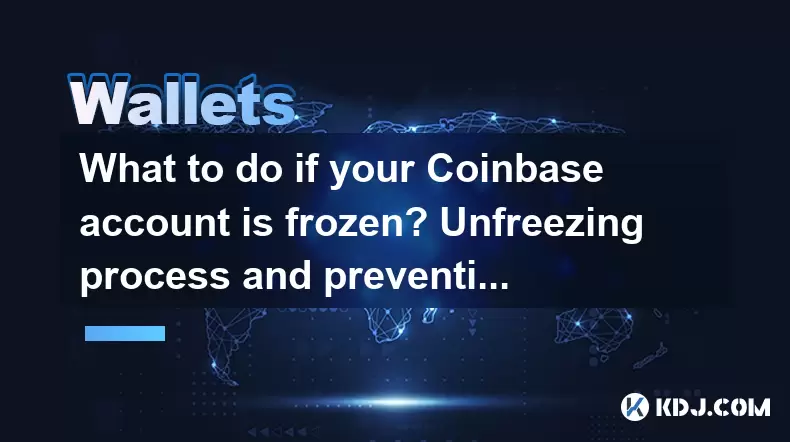-
 Bitcoin
Bitcoin $107,725.9156
0.27% -
 Ethereum
Ethereum $2,481.6786
1.84% -
 Tether USDt
Tether USDt $1.0003
0.01% -
 XRP
XRP $2.2154
1.26% -
 BNB
BNB $658.2447
1.42% -
 Solana
Solana $157.2028
4.24% -
 USDC
USDC $1.0000
0.02% -
 TRON
TRON $0.2788
0.91% -
 Dogecoin
Dogecoin $0.1655
1.00% -
 Cardano
Cardano $0.5714
2.67% -
 Hyperliquid
Hyperliquid $40.6187
6.30% -
 Bitcoin Cash
Bitcoin Cash $519.8117
5.84% -
 Sui
Sui $2.8338
0.59% -
 Chainlink
Chainlink $13.4150
0.60% -
 UNUS SED LEO
UNUS SED LEO $9.1205
-0.54% -
 Avalanche
Avalanche $18.0666
0.85% -
 Stellar
Stellar $0.2363
-0.46% -
 Toncoin
Toncoin $2.9550
2.57% -
 Shiba Inu
Shiba Inu $0.0...01151
-0.15% -
 Litecoin
Litecoin $86.2252
-0.57% -
 Hedera
Hedera $0.1498
1.51% -
 Monero
Monero $318.0620
3.18% -
 Polkadot
Polkadot $3.4174
-0.02% -
 Dai
Dai $1.0000
0.02% -
 Bitget Token
Bitget Token $4.5444
-1.05% -
 Ethena USDe
Ethena USDe $1.0003
0.00% -
 Uniswap
Uniswap $7.1773
-0.53% -
 Pepe
Pepe $0.0...09916
3.19% -
 Aave
Aave $274.7399
0.32% -
 Pi
Pi $0.5136
-2.06%
What is the role of a private key in cryptography?
Securely storing your private key is crucial for cryptocurrency ownership, as it's the secret code authorizing transactions and, if lost, irrevocably blocks access to your funds.
Mar 13, 2025 at 09:15 pm

Key Points:
- Private keys are the foundation of cryptographic security in cryptocurrencies. They are essential for controlling and accessing your digital assets.
- A private key is a secret number used to sign transactions, proving ownership and authorizing the transfer of cryptocurrency.
- Losing your private key means losing access to your cryptocurrency; there's no recovery mechanism.
- Private keys are generated through cryptographic algorithms, ensuring a high degree of randomness and security.
- Secure storage of private keys is paramount; methods include hardware wallets, software wallets, and paper wallets.
What is the role of a private key in cryptography?
In the world of cryptocurrencies, the private key plays a crucial role as the cornerstone of security and ownership. It acts as a digital signature, a secret code that verifies your control over your cryptocurrency holdings. Without it, you cannot access or transfer your funds. Think of it as the combination to your digital vault.
Private keys are essential for signing transactions. When you send cryptocurrency, your wallet software uses your private key to create a digital signature. This signature proves to the blockchain network that you are the rightful owner of the funds and have authorized the transaction. The blockchain then verifies this signature before processing the transfer.
The cryptographic strength of a private key relies on its randomness and length. These keys are typically generated using robust algorithms that produce extremely long, seemingly random strings of characters. The sheer number of possible keys makes brute-force attacks – trying every possible key – computationally infeasible.
The security of your private key is paramount. Compromising your private key grants an attacker complete control over your cryptocurrency. There is no central authority to recover lost or stolen private keys. Once lost, they are irretrievably gone, along with the associated funds. This is why secure storage is critical.
Various methods exist for storing private keys securely. Hardware wallets, often resembling USB drives, offer the highest level of security by storing your keys offline and isolated from potential internet threats. Software wallets, applications installed on your computer or smartphone, provide a more convenient but potentially less secure option. Paper wallets involve printing your private key and storing it physically, emphasizing offline security.
Each of these storage methods has its own strengths and weaknesses concerning convenience, security, and ease of use. Choosing the right method depends on your technical skills and the amount of cryptocurrency you manage. Consider factors like the level of security you need and your comfort with technology.
The generation of private keys involves complex mathematical processes. These processes are designed to ensure the keys are truly random and unpredictable. The algorithms used are carefully vetted to prevent weaknesses that could be exploited by attackers. The randomness is critical to prevent any pattern or predictability that could be used to guess the key.
The security model of most cryptocurrencies relies on the fundamental principle of asymmetric cryptography. This involves a pair of keys: a public key and a private key. Your public key is essentially your digital address; it's shared publicly and used to receive funds. However, only your private key can authorize the spending of those funds.
The relationship between the public and private keys is mathematically defined but computationally infeasible to reverse. This means you can derive the public key from the private key, but you cannot derive the private key from the public key. This is what makes the system secure. The public key is readily shared, but the private key remains secret and protected.
Consider the implications of sharing your private key. Anyone with access to your private key has complete control over your cryptocurrency. Never share your private key with anyone, regardless of the circumstances. Legitimate services will never ask for your private key.
Frequently Asked Questions:
Q: What happens if I lose my private key?
A: If you lose your private key, you lose access to your cryptocurrency. There's no recovery mechanism. The funds are essentially gone.
Q: Are all private keys the same length?
A: No, the length of a private key depends on the cryptographic algorithm used by the specific cryptocurrency. Generally, longer keys offer greater security.
Q: Can I recover my private key if I forget it?
A: No, private keys are not recoverable. They are generated using cryptographic algorithms that make them impossible to reverse engineer. Always keep multiple backups stored securely in different locations.
Q: Is it safe to store my private key on my computer?
A: Storing your private key on your computer is generally considered less secure than using a hardware wallet or paper wallet. Your computer is susceptible to malware and hacking attempts.
Q: What is the difference between a public key and a private key?
A: Your public key is like your digital address; it's used to receive funds. Your private key is the secret code that allows you to spend those funds. The public key can be shared freely, but the private key must remain absolutely secret.
Q: How are private keys generated?
A: Private keys are generated using cryptographic algorithms that produce long, seemingly random strings of characters. The randomness is crucial for security.
Q: Can I use the same private key for multiple cryptocurrencies?
A: No. Each cryptocurrency uses its own unique system and therefore requires a unique private key.
Q: What is the best way to store my private key?
A: The best way to store your private key depends on your individual needs and risk tolerance. Hardware wallets offer the highest security, while paper wallets are a good option for long-term offline storage. Software wallets provide convenience but may be more vulnerable to hacking.
Disclaimer:info@kdj.com
The information provided is not trading advice. kdj.com does not assume any responsibility for any investments made based on the information provided in this article. Cryptocurrencies are highly volatile and it is highly recommended that you invest with caution after thorough research!
If you believe that the content used on this website infringes your copyright, please contact us immediately (info@kdj.com) and we will delete it promptly.
- Coinbase, Altcoins, and Listings: What's the Buzz?
- 2025-07-01 00:30:11
- Chainlink's Bullish Signals: Investors Bet on Long-Term Value
- 2025-07-01 00:50:12
- CICADA Finance Soars on BNB Chain: A TGE Deep Dive
- 2025-07-01 01:30:11
- MicroStrategy's Bitcoin Bet: Holdings, Sell-Off Concerns, and S&P 500 Dreams
- 2025-07-01 01:30:11
- XRPL EVM Sidechain: Ethereum dApps Unleashed on XRP Ledger!
- 2025-07-01 01:35:11
- Bybit, Kraken, and Tokenized Stocks: A New Era for Trading?
- 2025-07-01 00:30:11
Related knowledge

Coinbase price alert settings: real-time monitoring of market fluctuations
Jun 29,2025 at 07:00am
Setting Up Coinbase Price AlertsTo begin real-time monitoring of market fluctuations on Coinbase, users can utilize the built-in price alert feature. This function allows you to receive notifications when a cryptocurrency reaches a specific price point. To access this setting, open the Coinbase app or log in via the web platform. Navigate to the 'Prices...

How to stake cryptocurrencies on Coinbase? Benefits and risks
Jun 27,2025 at 06:36pm
Understanding Cryptocurrency Staking on CoinbaseStaking cryptocurrencies involves locking up digital assets to support the operations of a blockchain network, typically in return for rewards. Coinbase, one of the most popular cryptocurrency exchanges globally, offers staking services for several proof-of-stake (PoS) coins. Users can stake their holdings...

Differences between Coinbase Pro and Coinbase: platform function comparison and analysis
Jun 29,2025 at 08:21am
Overview of Coinbase and Coinbase ProWhen exploring the cryptocurrency trading landscape, users often encounter two platforms under the same parent company: Coinbase and Coinbase Pro. While both are operated by the same organization, they cater to different types of users and offer varying features. Coinbase is primarily designed for beginners and casua...

What to do if your Coinbase account is frozen? Unfreezing process and preventive measures
Jun 30,2025 at 03:49am
Understanding Why Your Coinbase Account Might Be FrozenIf your Coinbase account is frozen, it typically indicates that the platform has detected suspicious activity or potential violations of its terms of service. This could be due to a variety of reasons such as unusual login attempts, high-risk transactions, or incomplete verification steps. Coinbase ...

How to contact Coinbase customer service? Support channels and response times
Jun 28,2025 at 01:29pm
Contacting Coinbase Customer Service: Support Channels and Response TimesIf you're a user of Coinbase, reaching their customer service team may become necessary for various reasons, such as account verification issues, transaction disputes, or technical difficulties. Understanding the different support channels available and what to expect in terms of r...

Coinbase advanced trading function usage tutorial: limit orders and market orders
Jun 28,2025 at 09:07pm
Understanding the Difference Between Limit Orders and Market OrdersWhen using Coinbase's advanced trading features, it is crucial to understand the fundamental difference between limit orders and market orders. A market order executes immediately at the best available price on the market. This type of order ensures that your trade goes through quickly, ...

Coinbase price alert settings: real-time monitoring of market fluctuations
Jun 29,2025 at 07:00am
Setting Up Coinbase Price AlertsTo begin real-time monitoring of market fluctuations on Coinbase, users can utilize the built-in price alert feature. This function allows you to receive notifications when a cryptocurrency reaches a specific price point. To access this setting, open the Coinbase app or log in via the web platform. Navigate to the 'Prices...

How to stake cryptocurrencies on Coinbase? Benefits and risks
Jun 27,2025 at 06:36pm
Understanding Cryptocurrency Staking on CoinbaseStaking cryptocurrencies involves locking up digital assets to support the operations of a blockchain network, typically in return for rewards. Coinbase, one of the most popular cryptocurrency exchanges globally, offers staking services for several proof-of-stake (PoS) coins. Users can stake their holdings...

Differences between Coinbase Pro and Coinbase: platform function comparison and analysis
Jun 29,2025 at 08:21am
Overview of Coinbase and Coinbase ProWhen exploring the cryptocurrency trading landscape, users often encounter two platforms under the same parent company: Coinbase and Coinbase Pro. While both are operated by the same organization, they cater to different types of users and offer varying features. Coinbase is primarily designed for beginners and casua...

What to do if your Coinbase account is frozen? Unfreezing process and preventive measures
Jun 30,2025 at 03:49am
Understanding Why Your Coinbase Account Might Be FrozenIf your Coinbase account is frozen, it typically indicates that the platform has detected suspicious activity or potential violations of its terms of service. This could be due to a variety of reasons such as unusual login attempts, high-risk transactions, or incomplete verification steps. Coinbase ...

How to contact Coinbase customer service? Support channels and response times
Jun 28,2025 at 01:29pm
Contacting Coinbase Customer Service: Support Channels and Response TimesIf you're a user of Coinbase, reaching their customer service team may become necessary for various reasons, such as account verification issues, transaction disputes, or technical difficulties. Understanding the different support channels available and what to expect in terms of r...

Coinbase advanced trading function usage tutorial: limit orders and market orders
Jun 28,2025 at 09:07pm
Understanding the Difference Between Limit Orders and Market OrdersWhen using Coinbase's advanced trading features, it is crucial to understand the fundamental difference between limit orders and market orders. A market order executes immediately at the best available price on the market. This type of order ensures that your trade goes through quickly, ...
See all articles

























































































